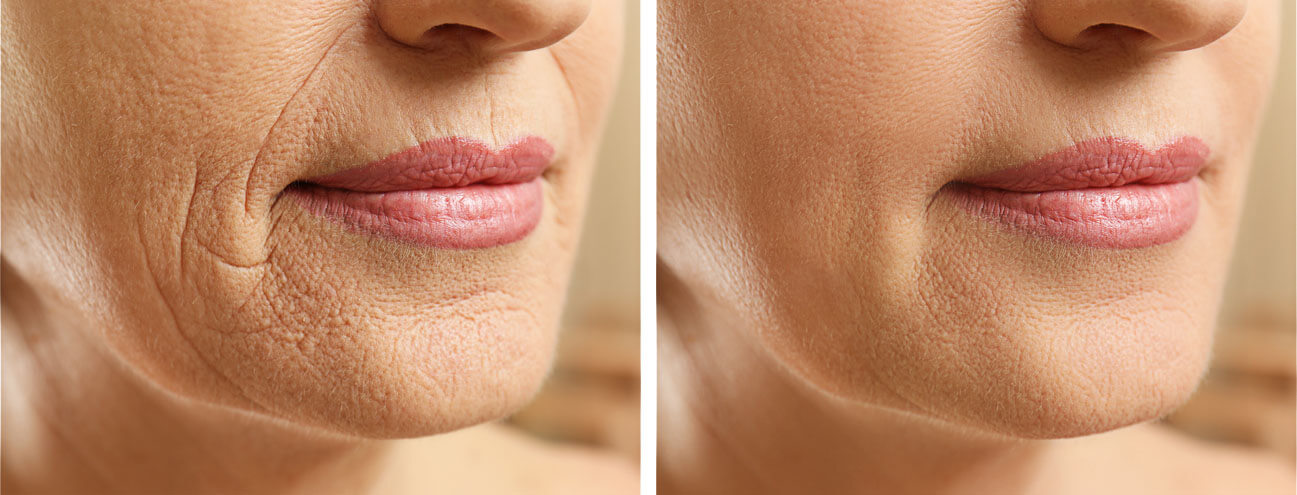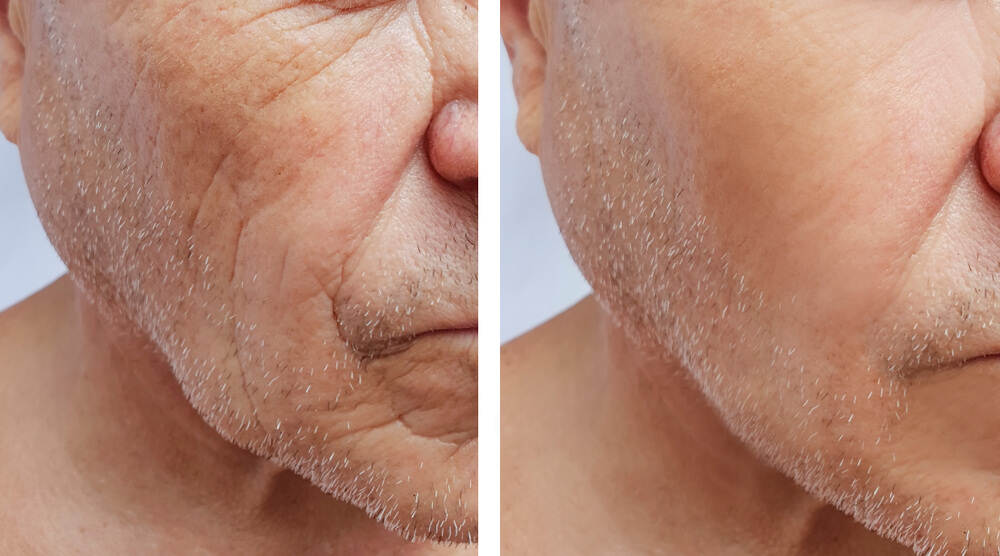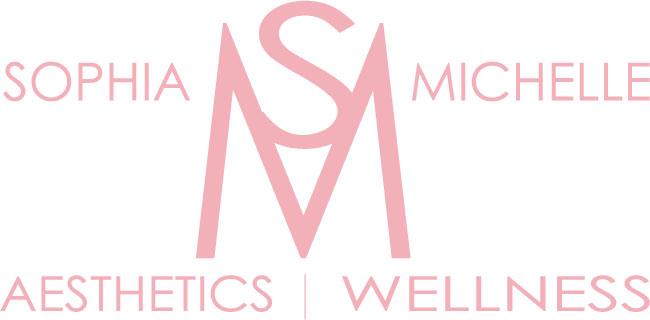
Healthy Skin- Collagen & Bone Support System-Internal Health
Did you know that collagen is the most abundant protein found in your body? Derived from amino acids, collagen is commonly referred to as the “glue” that helps hold your body together. Collagen helps strengthen our skin, improve its elasticity, and replace dead skin cells. The critical functions of this vital protein help to reduce the formation of wrinkles, improve skin laxity, and much more throughout your entire body.
After the age of 18, you begin to lose about 1 percent of your body’s total collagen each year. Aesthetic researchers are constantly evaluating different methods to both promote the stimulation of new collagen development, and affect the rate at which your collagen is lost. Studies have identified diets high in sugar, smoking, or long-term sun exposure as having a dramatic impact on our rate of collagen loss. PA Sophia Michelle is a big fan of daily skincare regimens that address both of these goals; however, many clients also need additional therapies to help them achieve their desired goals.
Most individuals have come across numerous types of products or therapies that make big promises to improve the levels of collagen in your face, and finding the best product can be overwhelming. PA Sophia Michelle has done the research for you, helping you identify the most optimal daily regimen of skin care products and collagen stimulating therapies to refresh and restore the quality of your skin.
Healthy Skin – Collagen & Bone Support System-Internal Health
20s
You should enter your 20s with a youthful firm face. As you reach your mid to late 20s you will begin to experience more signs of sun damage, early fine lines often caused by movement of facial muscles, and variations in skin texture. Using a well-balanced medical grade skin care daily regimen, and if needed Botox can dramatically reduce the aging experienced in your 30s.
30s
Volume loss will begin in your 30s, depending on the shape of your face, weight fluctuations, and sun damage experienced in your 20s will determine your rate of aging. Most common areas of collagen loss occur in the mid-face, brow region and chin. Fine smile lines and eye lines may develop. Broken capillaries and larger pores begin to develop. Skin texture roughens over time as cell turnover slows down. Hyperpigmentation often occurs on the forehead, cheeks and chin areas.
40s
Hormones begin to be a major player in aging. Women tend to age faster facially than men for this reason, as menopause precipitates the effects of ageing. Laughter and expression lines will start to become more pronounced. Volume loss starts within the deep fat pads of the mid face, temples, front of the ears, mouth, chin and along the jawline. You can notice cheeks and eyelids begin to lose elasticity, jowls begin to form, the nose elongates due to loss of bone structure below, and the upper lip rolls into the mouth as the beneath bone structure flattens. Towards your later 40s the “triangle of youth” facial shape will begin to become more square. Depending on your natural jawline will play a major role in your perceived age. Stronger jawlines help support facial structures, thinner jawlines make it more challenging to hide falling facial features. Collagen stimulation therapies are vital to preservation of your youthful face during the 40s.
50s
The square face developed in your late 40’s will begin to transition into a pyramid face in your mid to later 60s unless intervention with collagen stimulation, and advanced daily skin care therapy. Often women have sought surgical correction during this time, however new advancements in minimally invasive therapies, and medical grade daily skin care regimens have reduced the need to rush to the operating room. Volume loss of fat pads, further reduction of bone support, and the skin thinning over time are all further advanced over the next 3 decades. Eye sockets significant become elongated, and under eye dark circles progress deeper. The lower face around the mouth develops deep lines, and shadowing. Youthfulness is brought back by reducing these shadows in a natural way without changing your beauty equation. It’s important to stay on top of your skin care beginning in your 20’s and advancing in your 40s-50s to be able to look your best at any age.
60s and up
The variations in skin health, and facial support in the 60s is often related to the overall care taken of your skin from your 20s to 50s. The best news is that medical advancements have discovered minimally invasive techniques to rejuvenate the depletion of bone, and fat pads; while finding innovative ways to allow your skin to hold more water. Surgery isn’t always the answer, and sometimes it’s a combination of daily skin care, minimally invasive therapy, and surgery. Either way, the rate at which you age is highly dependent upon your efforts to stay internally healthy, and strengthen your facial support system.

Collagen Support System
Did you know that collagen is the most abundant protein found in your body? Derived from amino acids, collagen is commonly referred to as the “glue” that helps hold your body together. Collagen helps strengthen our skin, improve its elasticity, and replace dead skin cells. The critical functions of this vital protein help to reduce the formation of wrinkles, improve skin laxity, and much more throughout your entire body.
After the age of 18, you begin to lose about 1 percent of your body’s total collagen each year. Aesthetic researchers are constantly evaluating different methods to both promote the stimulation of new collagen development, and affect the rate at which your collagen is lost. Studies have identified diets high in sugar, smoking, or long-term sun exposure as having a dramatic impact on our rate of collagen loss. PA Sophia Michelle is a big fan of daily skincare regimens that address both of these goals; however, many clients also need additional therapies to help them achieve their desired goals.
Most individuals have come across numerous types of products or therapies that make big promises to improve the levels of collagen in your face, and finding the best product can be overwhelming. PA Sophia Michelle has done the research for you, helping you identify the most optimal daily regimen of skin care products and collagen stimulating therapies to refresh and restore the quality of your skin.
